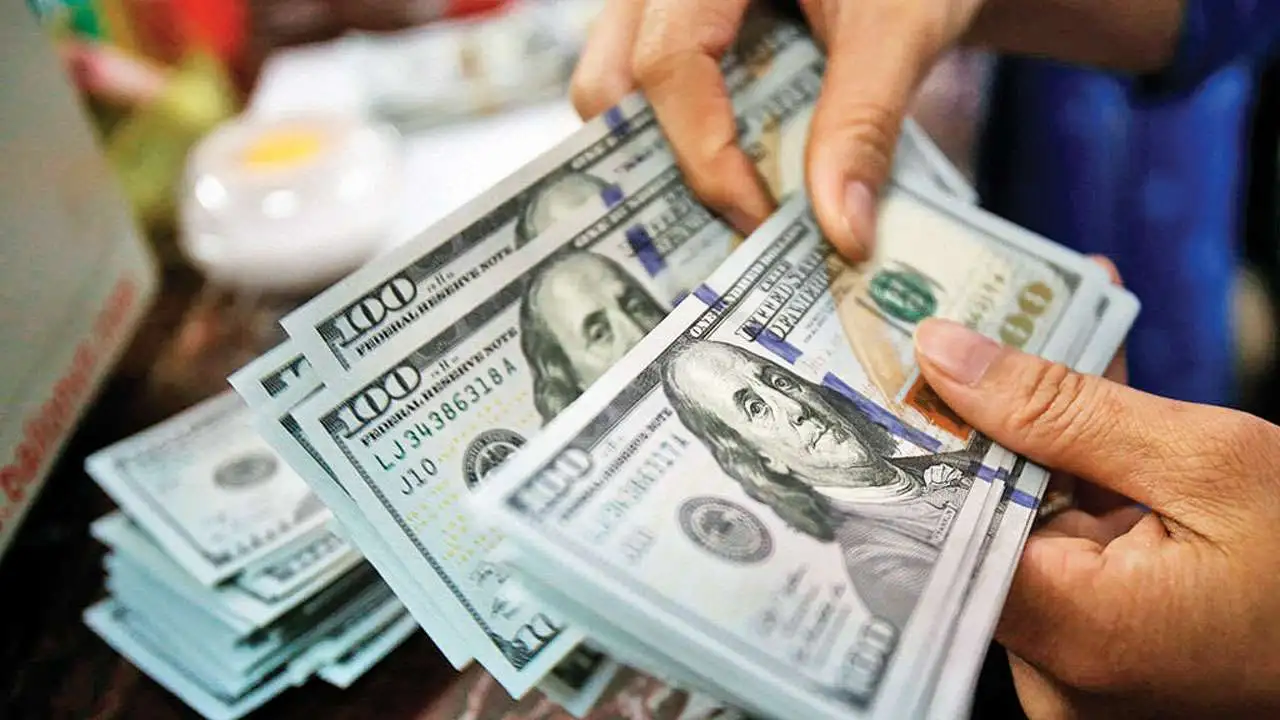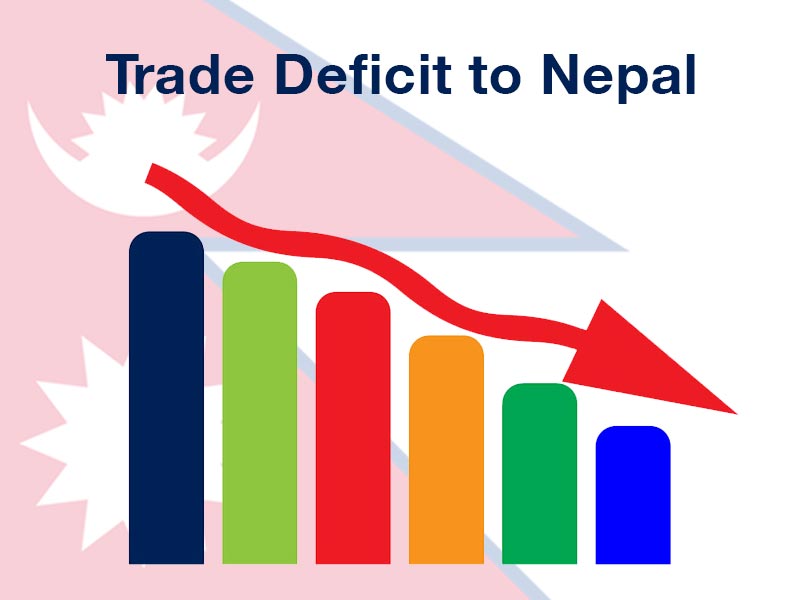
Kathmandu, July 6 : With just four days left before the fiscal year’s payment system closes on Asar 25 (July 9), Nepal has spent only 47.69% of its capital (development) budget. Out of the NPR 352.35 billion allocated for capital expenditure in FY 2080/81, just NPR 166.22 billion has been used as of Asar 20 (July 5), highlighting serious inefficiencies in budget execution.
Despite capital expenditure making up just 18% of the total budget due to limited resources, the government has failed to utilize even that small portion—lower than last year’s 49.63% at the same time. Experts warn this underperformance delays infrastructure projects and exposes the government’s poor implementation capacity.
Stakeholders point to both the Finance Ministry and line ministries for failing to disburse funds. Rabi Singh, President of the Federation of Contractors’ Associations of Nepal, said the government is deliberately withholding payments, including for key strategic road networks, which has brought many projects to a halt.
With rising liabilities in salaries and social security, and sluggish revenue growth, capital spending continues to be sidelined. In the last five fiscal years, capital allocations have hovered below 20% of the total budget—ranging from 16.5% to 19.1%—despite expectations that federalism would improve investment in infrastructure.
The pattern of slow spending early in the year and a rushed push at the end persists, hurting both current and capital expenditure. So far, 76.38% of the total NPR 1.8603 trillion budget has been spent, with current expenditure accounting for 82.51% of its allocation—NPR 941.17 billion out of NPR 1.14066 trillion. In contrast, development spending remains sluggish.
The Finance Ministry revised its budget estimates during the mid-term review, but with only 75% of the revenue target achieved by Asar 20, the challenges of poor spending capacity and resource gaps remain unresolved.
People’s News Monitoring Services



















Comments:
Leave a Reply